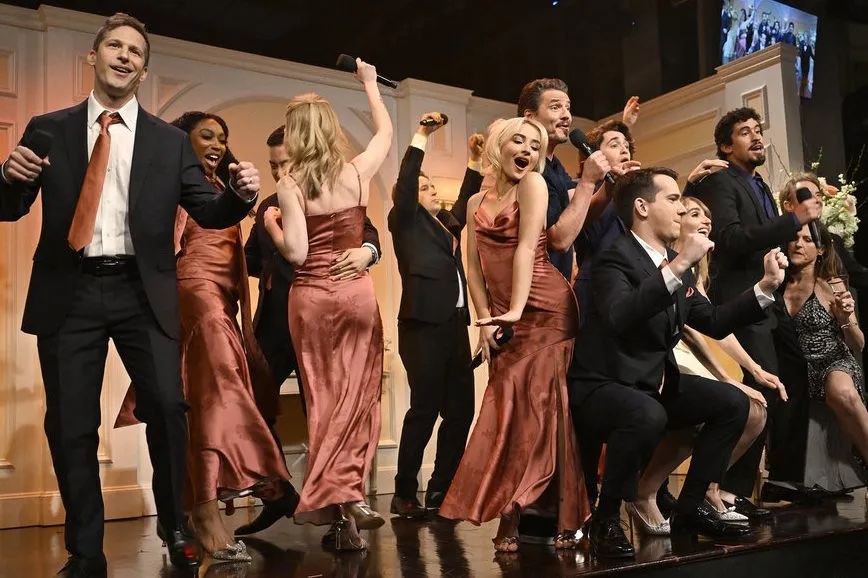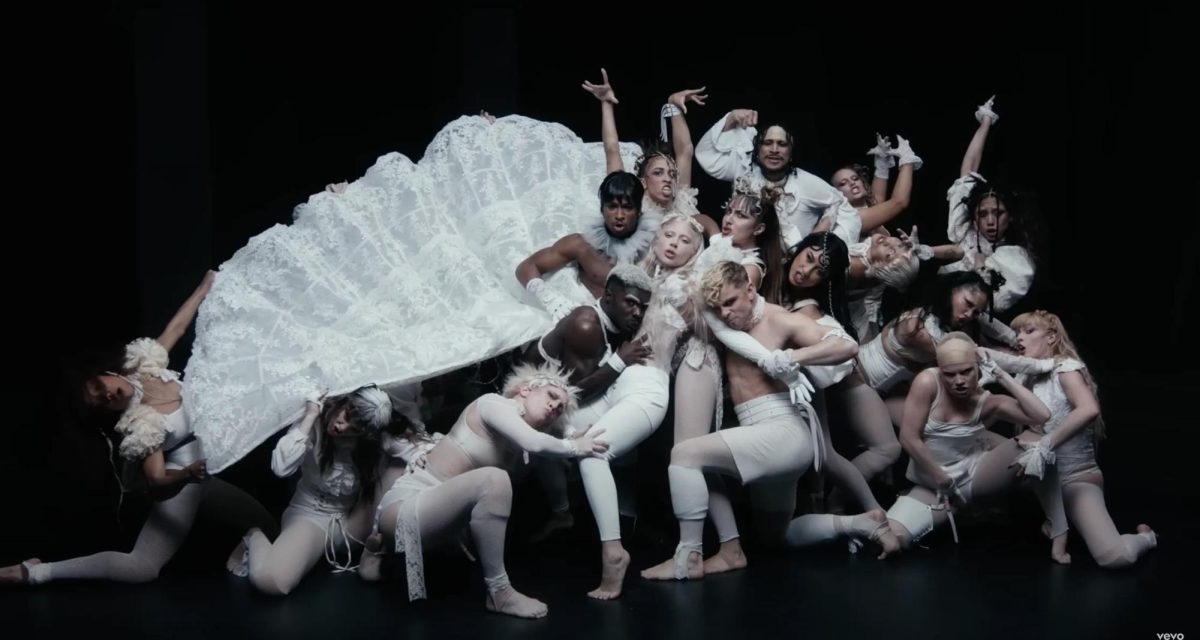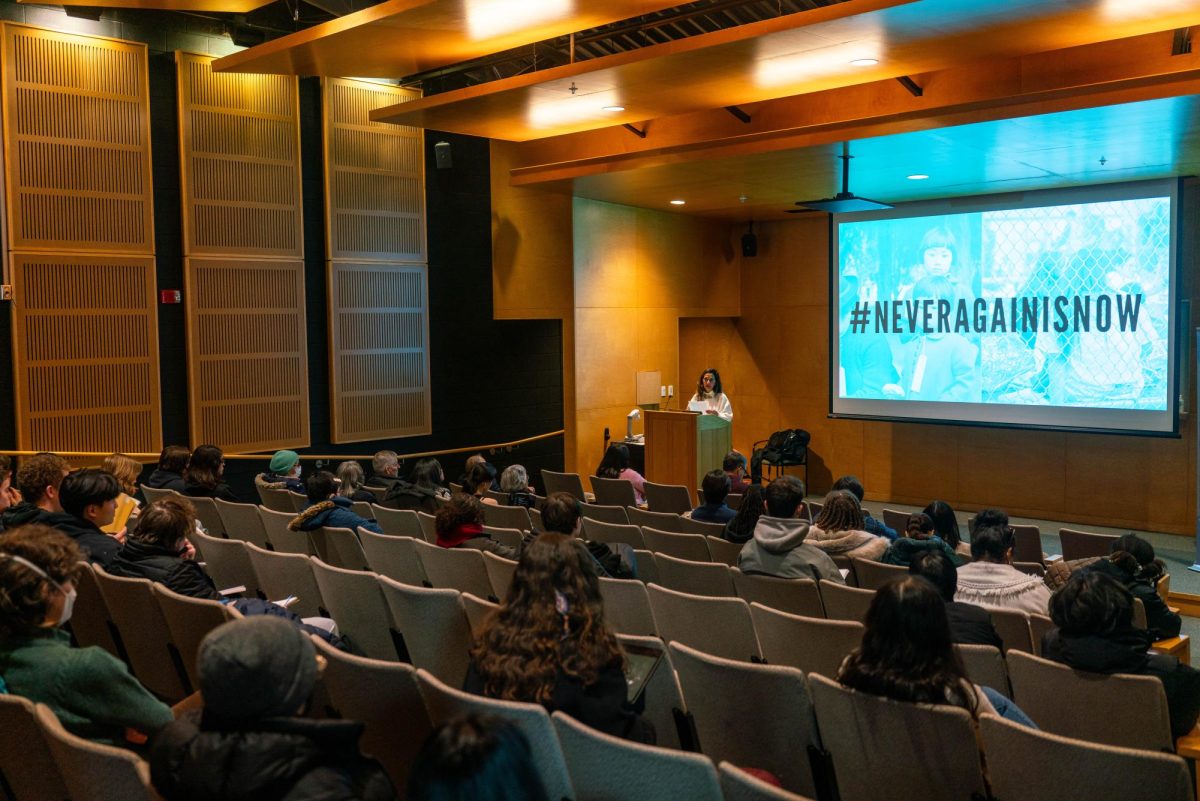Tear-Jerking Drama Two Rooms High In Pathos, Short On Substance
April 6, 2011
During the performance that I saw of Two Rooms — directed by College third-year Sam Abrams — a nearby audience member was on sniveling autopilot throughout the entirety of the play. Every scene had her leaking sympathy with such constant gusto that it eventually became white noise. The unrelenting nature of her crying — and my eventual desensitization to her tears — helped underline my main problem with the play: the unrelenting nature of its attempts to get people to cry.
Two Rooms, which takes place trans-continentally in two bare, white rooms, is a play in which the audience intentionally neither sees nor hears anything but performance. Paradoxically, this minimalism seems meant to detract from the performative nature of it all: There are no spurious backdrops, for instance, or bricks painted onto plaster walls. The production ostensibly forces the audience to confront bare crisis, bare characters, and in so doing confront their bare selves. However, it is in its attempt at a greater authenticity that the play seems, at times, manipulative and very, very false.
Indeed, writer Lee Blessing seems to know quite well how to pinch people’s tear ducts, and he is, in fact, totally out of control with the pinching. Blessing’s ability to devastate the audience is unquestionable, yet one does question why he insists on exercising this talent with such sadistic excess. The naked set and illuminating lighting imbue the audience with a sense of trust, but the unequivocal victimization, melodrama and obnoxiously calculated suspense of the script feels less like a journalistic depiction of a real-life struggle and more like a series of theatrical torture devices.
The play opens on Lanie Wells (College sophomore Llewie Nuñez), who is mourning the loss of her husband Michael (College junior David Ohana) in his empty office. Michael has been lost to another empty room somewhere in Lebanon; Yet Lanie cannot achieve the catharsis of mourning his death, for he, along with 95 others from Western nations, is being kept hostage as “insurance against attacks by the US.” As Lanie waits in the barren space for her husband to either be saved or be killed, she cries with and yells at Walker Harris (College sophomore Alex Kotlikoff), a reporter intent on publicizing the uncertainty of her position, and Ellen van Oss (College junior Ellie Philips), a government official handling Michael’s case. And in between crying with and yelling at these possibly mendacious strangers, Lanie talks to her husband: from her empty room to his empty room.
Gorgeously lit by College sophomore Sam Corey and framed by the tasteful set of nothingness, Ohana gave a harrowing performance as Lanie’s brutalized husband (as the play happily progresses, the effects of his beatings are caked on with stage makeup). Despite the text’s tendency to waver between prosaic and awkwardly poetic, Ohana managed to deliver his lines with haunting beauty. His soliloquy-riddled performance was delivered mostly blindfolded, yet it still managed to be the most powerful and accessible role in the play. Unable to communicate with his eyes in the intimate theater space, Ohana reached a stunning level of vocal expression which was bolstered by his bulging neck veins and ability to flush red on cue.
Although the performances were largely solid, monotonous direction undermined the actors’ prowess at times. Just about every scene began in quiet and detached self-pity and victimization. From there, an imposing character either shoved motivational words of wisdom or bureaucratic jargon down Lanie’s throat, and from there, Lanie explosively regurgitated those motivational words of wisdom. Abrams’s tendency to resort to this formula made each scene seem like a re-contextualized version of the former. Additionally, the sometimes-arbitrary shouting threatened to sabotage not only the intimacy of the play, but the communication between characters/actors. For instance, the most egregiously written monologue in the play — in which Lanie compares the sorry fate of warblers born alongside cuckoos to hers and her husband’s situation — was shouted and was, at one point, delivered outward to the audience, even though it was aimed at another character. It was a testament to the actors’ skill, then, that these bursts sometimes managed, midway through, to crack into chilling emotional territory.
Trite as it may sound, the actors in Two Rooms delivered unmistakably daring performances. In the end, however, the main goal of this production seemed to be to provoke emotional response. For the weeping woman next to me, it certainly did. In this sense, however, Two Rooms verged on feeling like a Lifetime Television Special, albeit one with a little more gore and bird metaphors.


















